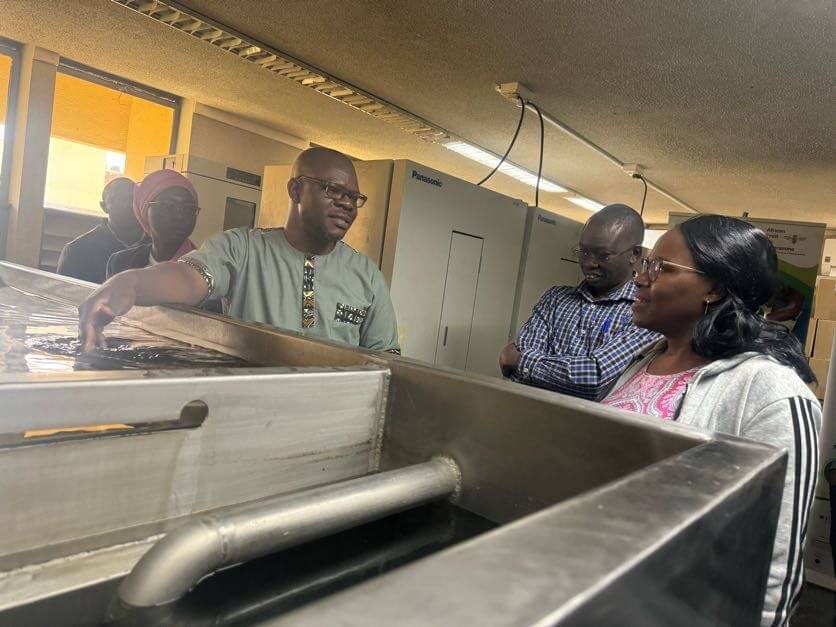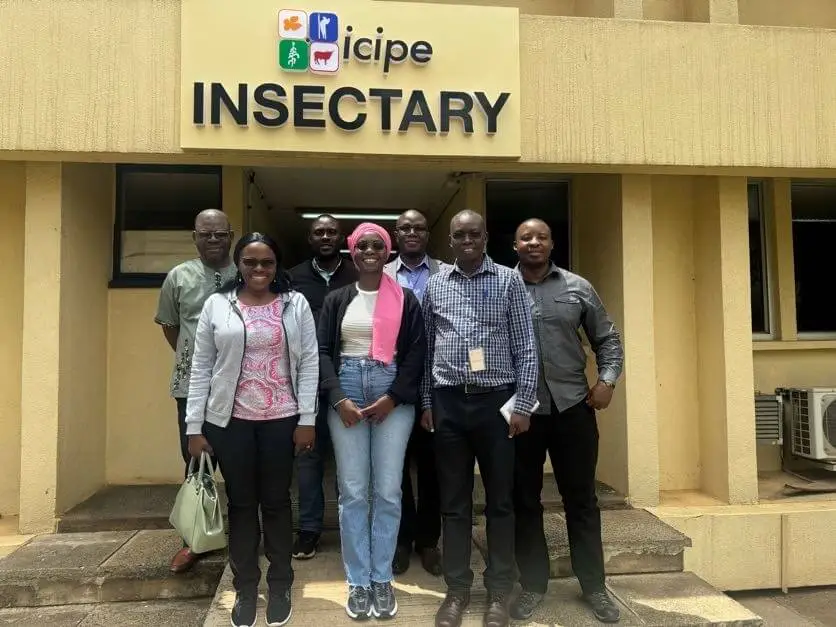Kenya’s mango industry has faced significant setbacks due to the invasive fruit fly (Bactrocera dorsalis), which has led to numerous interceptions of mango shipments by the European Union (EU). To address this challenge and safeguard the country’s export opportunities, innovative post-harvest treatments such as the utilisation of hot water treatment (HWT) technique are being explored.
A delegation from TradeMark Africa (TMA) recently visited the Horticultural Crops Directorate (HCD) at the Jomo Kenyatta International Airport (JKIA) in Nairobi to assess the feasibility of installing HWT equipment. Later, the team had an opportunity to observe a prototype of the equipment at the International Centre of Insect Physiology and Ecology (icipe), a renowned scientific research institution for innovative pest management technologies and practices.
HWT is a proven method for eliminating quarantine pests such as fruit flies, while preserving the quality and shelf life of mangoes. By investing in HWT technologies, Kenyan exporters will be better prepared to meet the stringent phytosanitary standards required by major markets such as the European Union, United States, and Japan.

This HWT will not only help exporters avoid costly rejections at borders but also improve their competitiveness in the global market. Moreover, it will have a positive ripple effect on smallholder farmers, boosting their incomes and livelihoods through increased export opportunities. As Kenya continues to explore new avenues to expand its agricultural exports, HWT presents a viable and sustainable solution for the mango industry.


